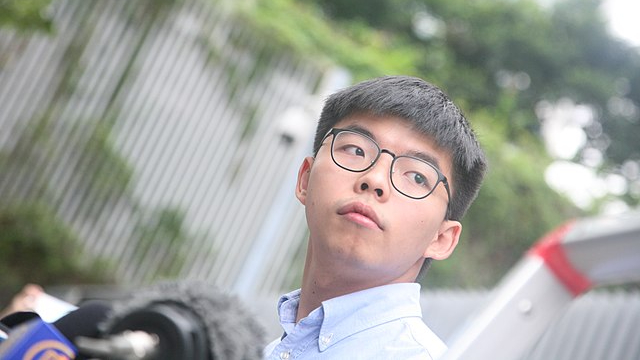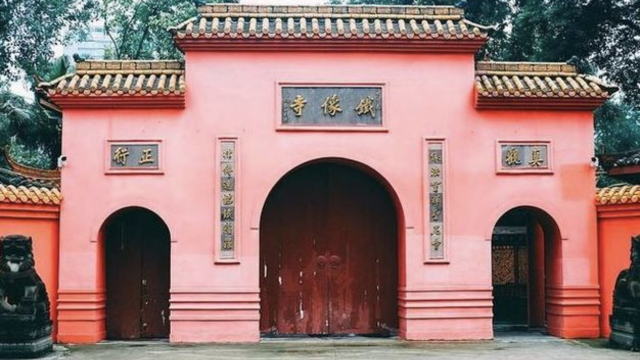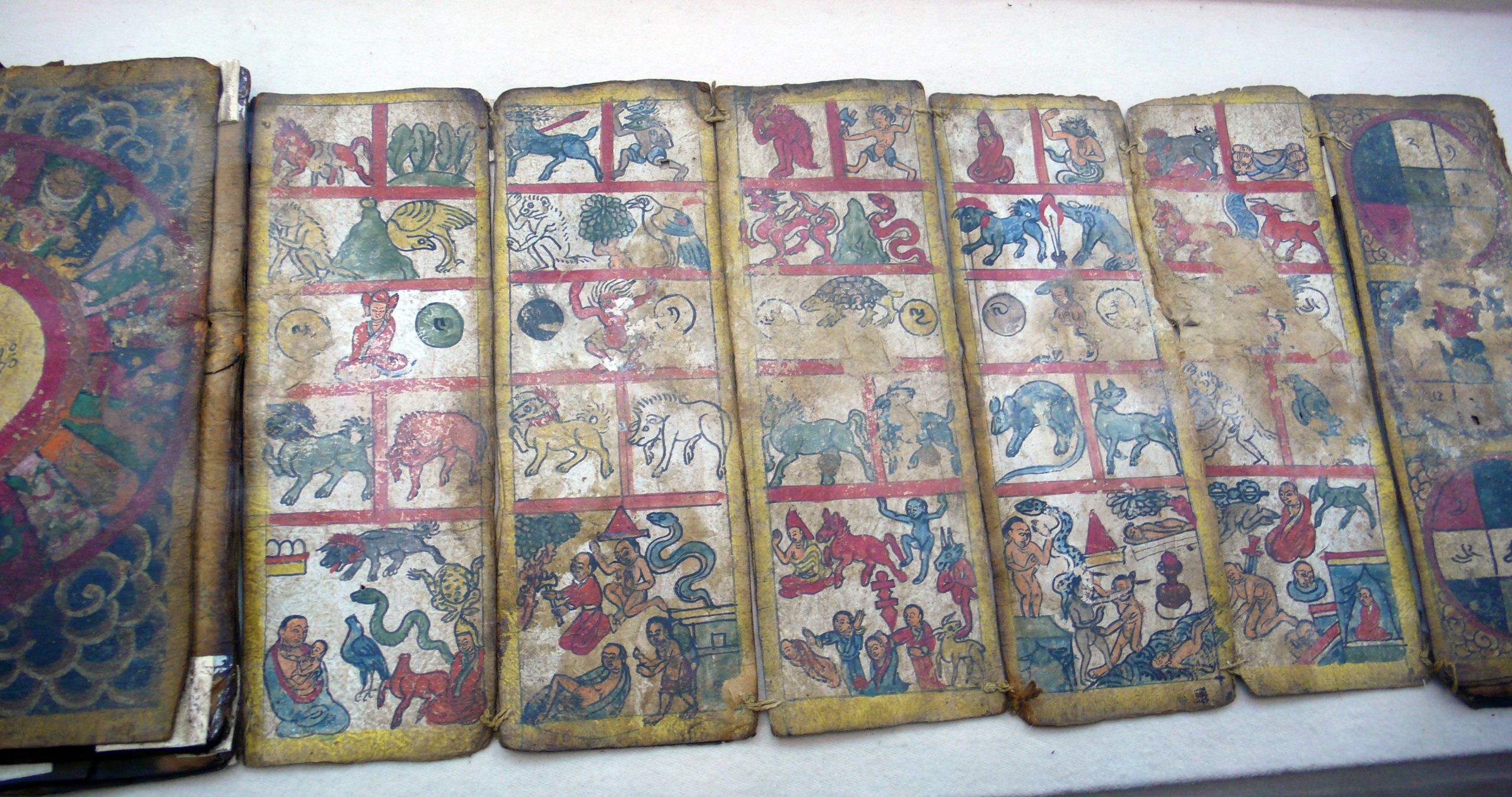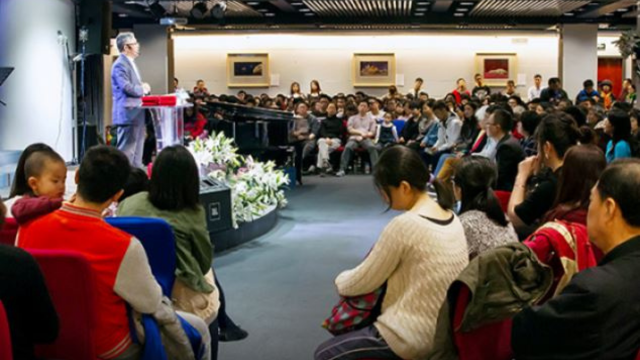
Election authorities in Hong Kong on Thursday disqualified 12 pro-democracy figures who tried to register as candidates in legislative elections slated for September, including former 2014 student protest leader Joshua Wong.
The list of disqualified candidates also included incumbent Civic Party lawmakers Dennis Kwok, Kwok Ka-ki, and Alvin Yeung, and district councilors Lester Shum and Fergus Leung.
Localist community activist Ventus Lau and former journalist Gwyneth Ho were also denied permission to run.
The Hong Kong government said the nominees hadn’t complied with requirements that they “uphold, support, and embrace” the city’s mini-constitution, the Basic Law, and that they pledge allegiance to Hong Kong as a Special Administrative Region of China.
It said anyone who supports “Hong Kong independence, self-determination, or changing the system” or who solicits intervention by foreign governments or political authorities in relation to Hong Kong affairs should be disqualified from standing in elections.
Anyone who expresses an “objection in principle” to a draconian national security law recently imposed on the city by Beijing, or who plans to use their seat to “indiscriminately” vote down government budgets, bills, and policies in LegCo would also be prevented from running, it said in a statement.
A democratic primary earlier this month sought to place pro-democracy candidates in LegCo with a view to stalling the government’s budget in the event that they won a majority in the chamber.
The government said more disqualifications could follow, as electoral officials, known as returning officers, were still considering other nominations.
“We do not rule out the possibility that more nominations would be invalidated,” it said.
No chance of a fair election
Kwok Ka-ki told RFA that there is no possibility of a fair election, whether it is held in September as scheduled, or postponed for a year, as many media outlets have reported.
“The next election won’t be fair, nor will it result in a parliament that truly represents the aspirations of the people of Hong Kong,” Kwok said. “The main point of this approach is to suppress the desire of the people of Hong Kong for democracy, rule of law, and freedom.”
Ma Yue, an associate professor in the department of politics at CUHK, said the decisions didn’t come as a surprise to him.
“Actually I’m not sure who will be able to qualify at all now,” Ma said. “If opposition to the national security law is a requirement, then there aren’t any democratic candidates who will qualify.”
“It’s hard to say exactly what options will be available for voters who are pro-democracy.”
In Joshua Wong’s case, the returning officer questioned him in particular about his insistence on winning international support for the protest movement, and about his opposition to the national security law.
“The excuse they use is that I describe #nationalsecuritylaw as a draconian law, which shows that I do not support this sweeping law,” Wong wrote on Twitter on Thursday, after receiving the letter from his returning officer.
“Beijing [has] now staged the biggest-ever crackdown on the city’s election, by disqualifying nearly all pro-democracy runners, from young progressive groups to traditional moderate parties,” he wrote.
Opposition voices targeted
Rights groups hit out at the move on Thursday.
Amnesty International Hong Kong’s Programme Manager Lam Cho Ming said the decisions had clearly targeted opposition voices in Hong Kong.
“This would amount to discrimination against a particular opinion on political grounds, which is a violation of the rights to freedom of expression and association,” Lam said in a statement.
“This move is likely to intensify the climate of fear and tension in Hong Kong, where opposition figures, their supporters, activists on the streets and even ordinary people have been forced to self-censor their political discourse to avoid being targeted under the city’s new national security law,” he said.
“For all the Hong Kong government’s insistence that these decisions do not restrict freedom of speech, its actions reek of political repression,” Lam said.
Amnesty International’s Asia-Pacific Regional Director Nicholas Bequelin said the recent arrests of four young people under the national security law over online posts supporting independence showed that freedom of expression is now under comprehensive attack under the new regime.
“According to police statements, all those detained have been targeted solely for peacefully expressing their views,” Bequelin said.
“That four young people could potentially face life imprisonment on the basis of some social media posts lays bare the draconian nature of the national security law,” he said.
In the U.K., Hong Kong’s last colonial governor Lord Patten of Barnes, said the move was “an outrageous political purge of Hong Kong’s democrats.”
“The national security law is being used to disenfranchise the majority of Hong Kong’s citizens,” he said in a statement published by the rights group Hong Kong Watch.
“It is obviously now illegal to believe in democracy … This is the sort of behavior that you would expect in a police state.”
Reported by Lu Xi and Lau Siu-fung for RFA’s Mandarin and Cantonese Services. Translated and edited by Luisetta Mudie.
Source: Copyright © 1998-2016, RFA. Used with the permission of Radio Free Asia, 2025 M St. NW, Suite 300, Washington DC 20036. https://www.rfa.org.












